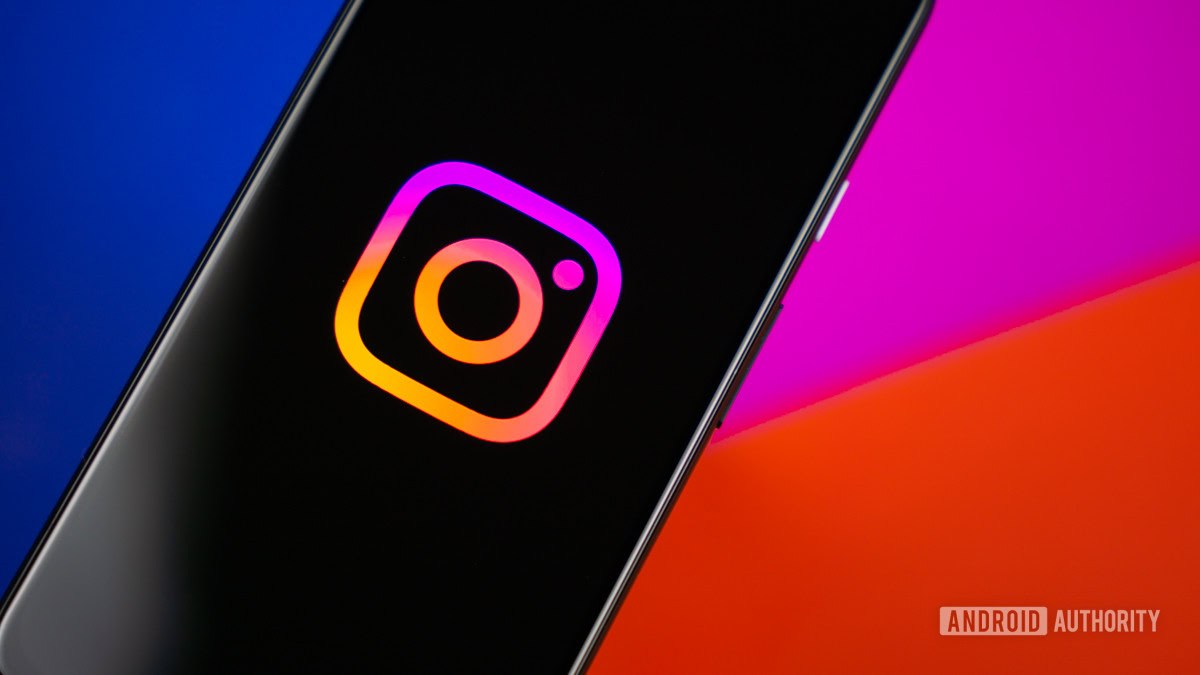Affiliate links on Android Authority may earn us a commission. Learn more.
Ruling paves way for teens to sue companies for social media addiction

- A US court ruling has opened the door for teens to sue over social media addiction.
- A judge ruled that the so-called Section 230 doesn’t protect social media companies.
- The judge also paved the way for Meta to face legal action.
Social media addiction is nothing new, as platforms devise ways to keep users scrolling and consuming content on their phones. Now, a US judge has ruled that social media platforms can’t hide behind one key defense.
Los Angeles County Judge Carolyn Kuhl dismissed most claims brought by minors or parents of minors against social media platforms, according to Bloomberg. However, the judge ruled that Meta, Snapchat, TikTok, and Google couldn’t use the Communications Decency Act’s Section 230 or the First Amendment to block claims that they created their platforms to be addictive to youth, causing depression and other issues.
“No provider or user of an interactive computer service shall be treated as the publisher or speaker of any information provided by another information content provider,” reads Section 230, effectively protecting social media platforms from legal action based on their users’ content.
However, Judge Kuhl said Section 230 didn’t apply as the suits concerned the way social media companies designed their platforms rather than the content posted by users.
Meta in the crosshairs
The judge also paved the way for plaintiffs to proceed with claims that Meta knew about its platforms’ “defects” yet didn’t share that information with users.
It was claimed that Meta didn’t disclose external research that found its platforms were addictive and had a “negative” impact on users’ well-being. The research also reportedly concluded that teens who felt addicted to Meta’s apps knew that the content was bad for their mental health but were unable to stop themselves. The research further found that “high time spent users” on Meta’s platforms were “disproportionately young.”
Google disputed the rulings in a statement to Bloomberg, saying that YouTube offered “age-appropriate experiences” for children and families while offering “robust” controls.
This verdict comes amid an ongoing federal case against social media platforms. So these platforms might not be able to use Section 230 as a defense when it comes to claims of social media addiction in that case.